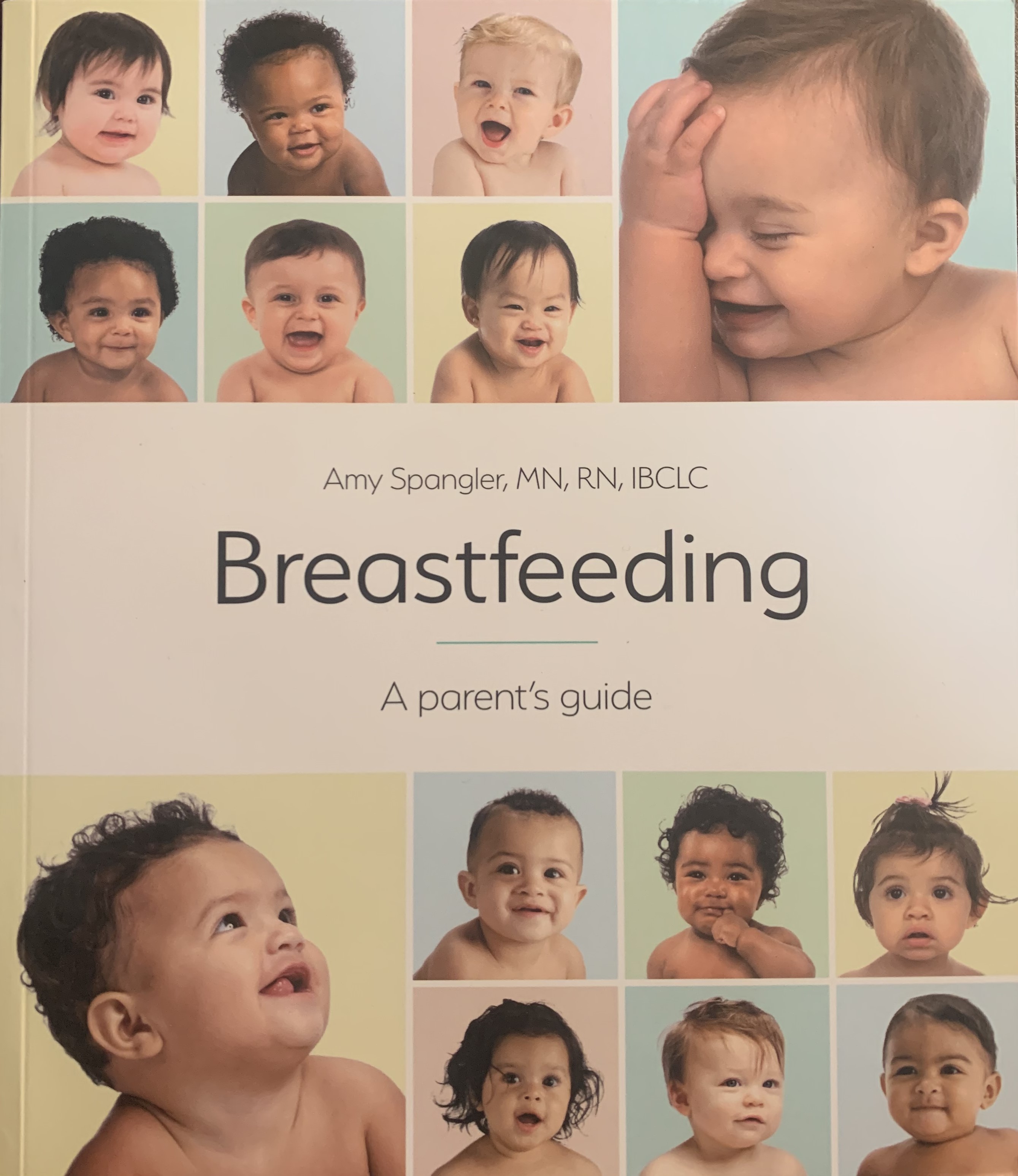breastfeeding FAQ
Every breastfeeding journey is unique. These FAQ's can help give basic information, but the answers don't know your whole story. For tailored answers and more information, please reach out to your peer or call WIC to have a peer reach out to you!

